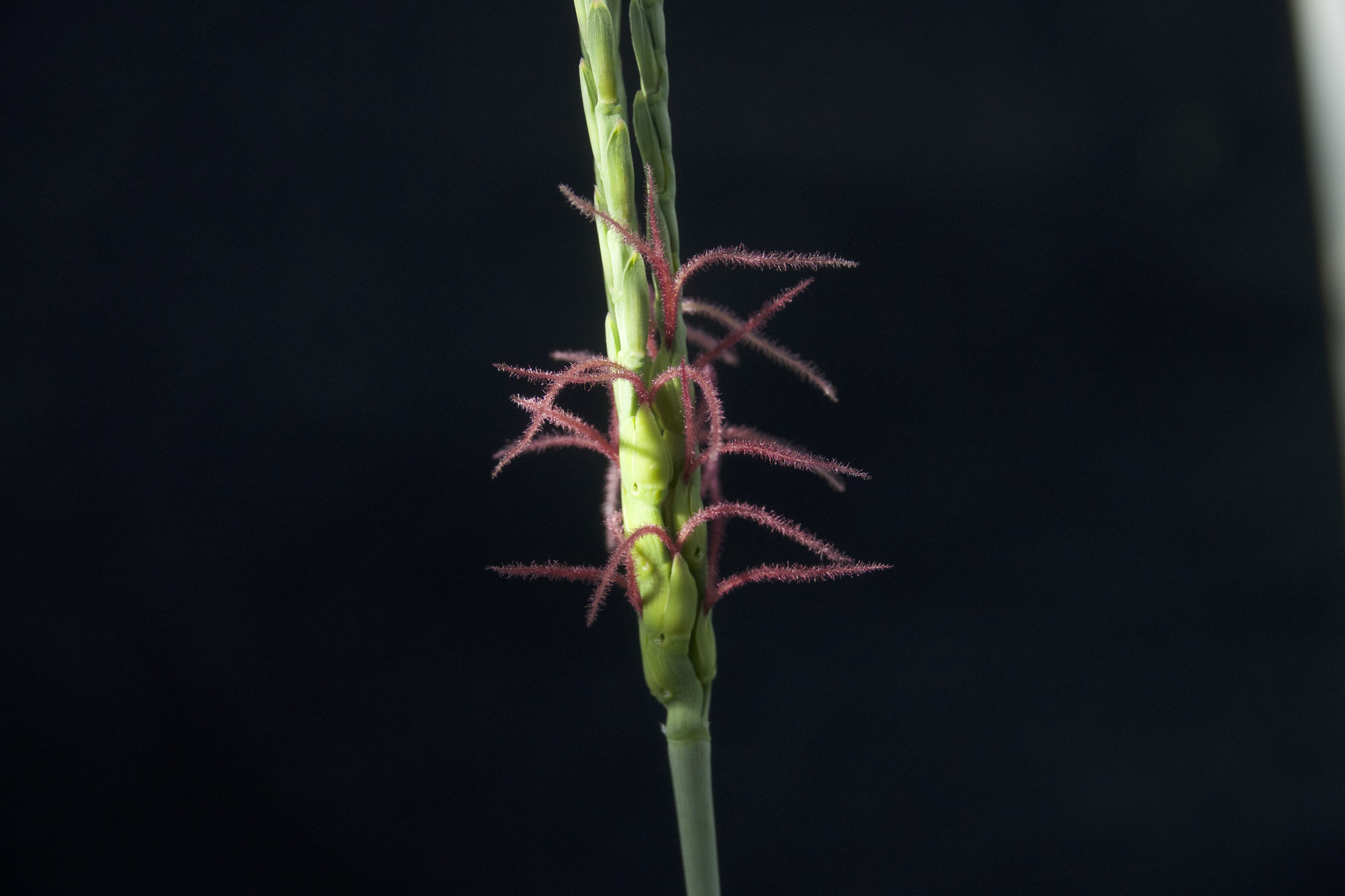Husker research to explore the emergence of specialized body parts, plants

August 21, 2018
Lincoln, Neb. — New research conducted by the University of Nebraska–Lincoln’s James Schnable will use corn to test the idea that the emergence of specialized body parts occurs through whole genome duplication.
A gene consists of enough DNA to code one protein, and a genome is the sum total of an organism’s DNA. Schnable, an assistant professor in the Department of Agronomy and Horticulture and Center for Plant Science Innovation, has earned a 2-year, $299,801 grant from the National Science Foundation for a project to prove that certain genes are not available for individual duplication, and can only be replicated through whole genome duplication.
“Transcription factors are genes which control when other genes are turned off and on. Because cells are very sensitive to quantities of these transcription factors present, duplicating a single transcription factor gene can throw things out of balance, usually with negative consequences for the plant or animal in question. In a whole genome duplication all the transcription factors and all the genes they regulate are duplicated at the same time which avoids many of the problems caused by single gene duplication.”
For full news story click here
